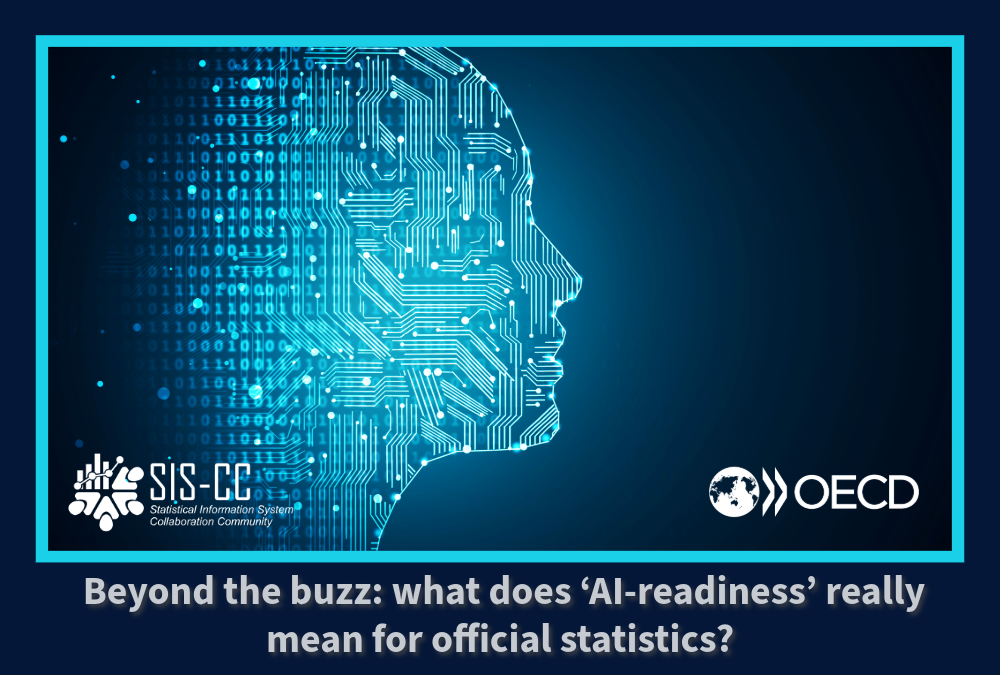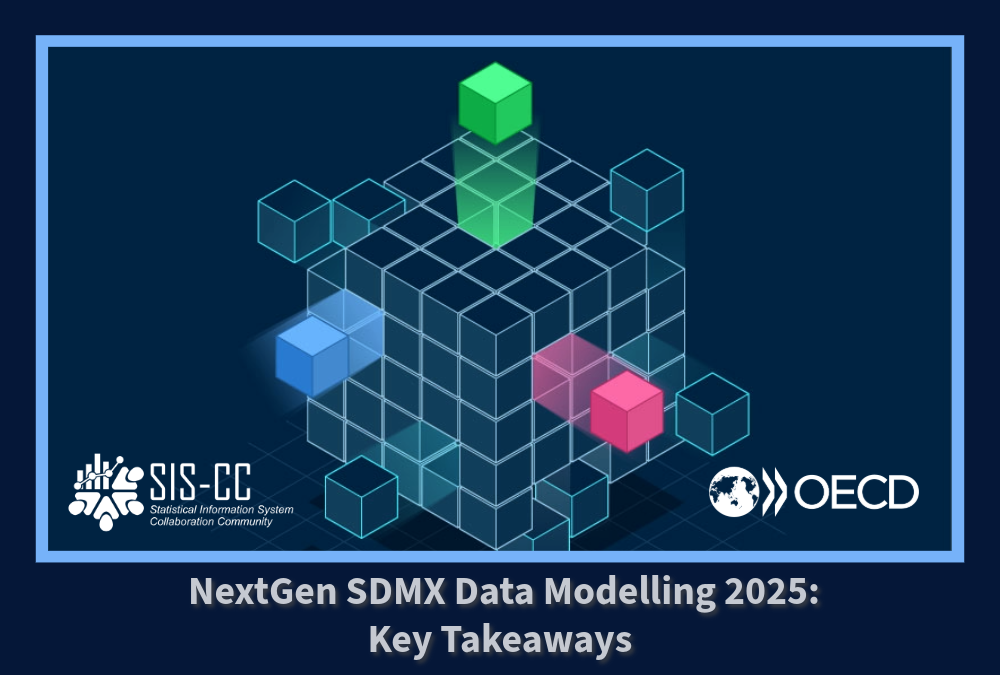The International Labour Organization (ILO) proposes the .Stat Suite as the core platform for the implementation of Labour Market Information System (LMIS) in its member states.
The OECD-led Statistical Information System Collaboration Community (SIS-CC) .Stat Academy initiative, will host a webinar on Wednesday, 19 October 2022, 13h (1PM) CEST that will explore how the ILO SDMX tools(namely SDMX Constructor and SMART) can be used to build the structural metadata and load data on the .Stat Suite platform. In particular, it will demonstrate how the SDMX data modelling and structural metadata preparation can be handled in a typical LMIS implementation.
The webinar will begin with an introduction by Edgardo Greising, Head of Knowledge Management Solutions Unit, Statistics department at ILO, followed by a demonstration of a typical LMIS use case by Shutong Ding, Statistical Knowledge Management Officer at ILO.
The use case will cover:
- Verify the system connection (by uploading the AgencyScheme)
- Prepare the list of common concepts and define their representation (ConceptScheme/Codelists)
- Define tables by establishing the indicators and their respective disaggregation variables/breakdowns, and descriptive metadata (DSD, Dataflow and ContentConstraint)
- Organise the tables by themes or any other criteria (CategoryScheme/Categorisations)
- Prepare data and upload (SDMX-CSV)
Participants will be able to ask questions through the Q&A.
It is expected that participants have a basic understanding of SDMX concepts as this webinar will not cover the basics of SDMX.
This webinar is for data producers interested in SDMX data modelling, .Stat Suite structural data and preparation, and ILO SDMX tools.
If you change your mind or cannot attend for any reason, please remember to cancel your registration to allow someone else to participate.
What is LMIS?
A labour market information system (LMIS) is a network of institutions, persons and information that have mutually recognised roles, agreements and functions with respect to the production, storage, dissemination and use of labour market related information and results in order to maximise the potential for relevant and applicable policy and programme formulation and implementation.


